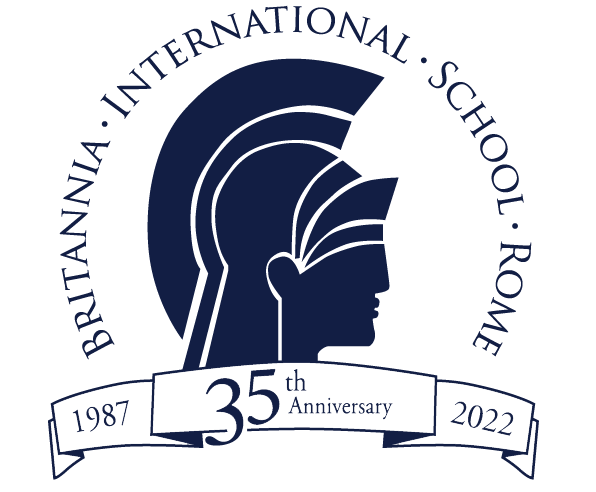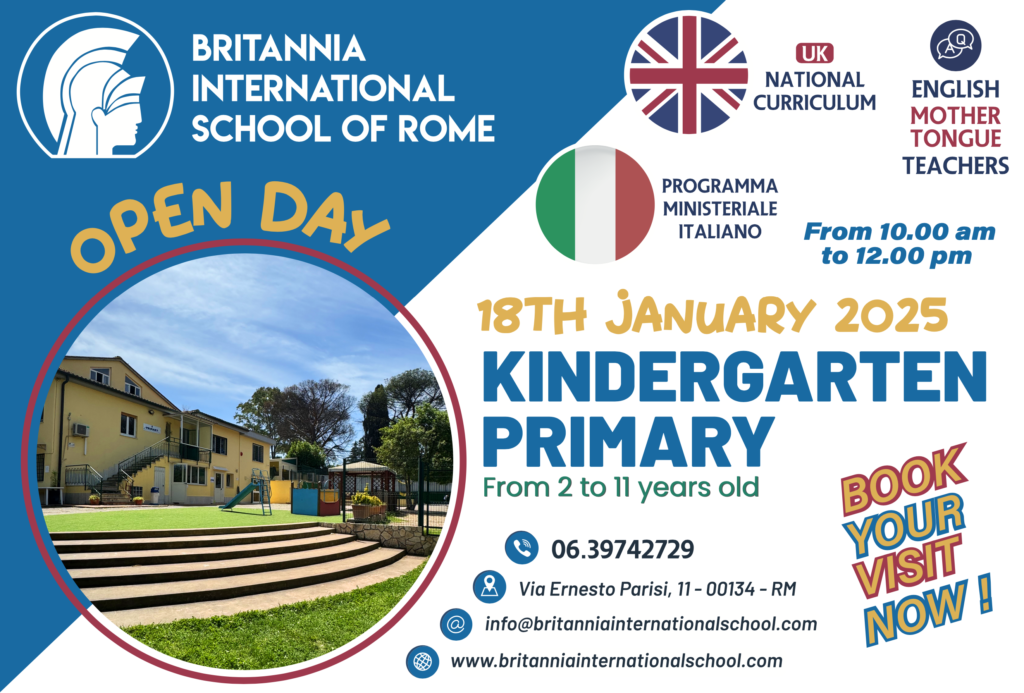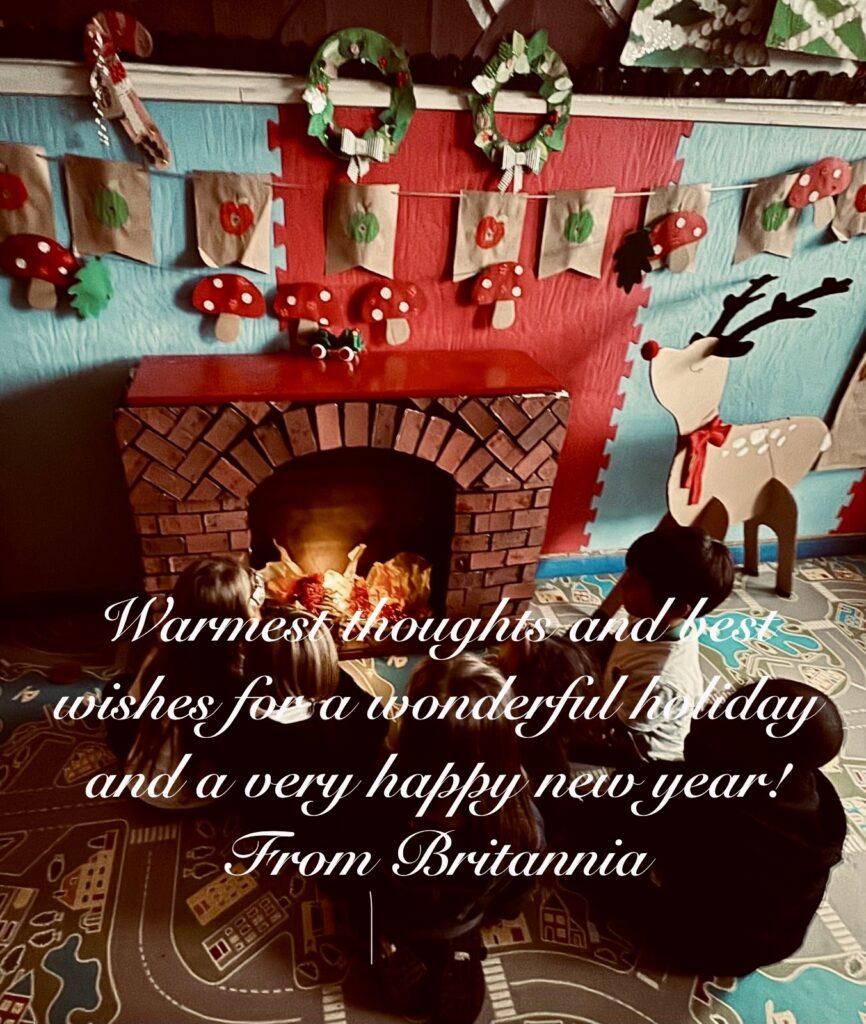5-11 years old
The UK National Curriculum serves as a framework for our teaching and learning. Our Primary school caters for children aged from 5 to 11. These years are divided into two groups: Key stage 1 (ages 5-7) and Key stage 2 (ages 7-11) Throughout these years children study: English, Maths, Science, History, Geography, Computing, Art, Drama, Music, Design Technology and PE.
Classes 1- 6
A team of qualified English mother tongue teachers work together, planning the curriculum and sharing expertise to the benefit of all the children. Our main aim is to offer a broad and balanced curriculum which inspires children to achieve excellence and enjoyment in their learning. We try hard to create wide and varied opportunities for academic achievement across all subjects. We also aim to encourage and develop pupils’ skills and talents through the extensiveness and creativity of the curriculum in school and extracurricular activities.
English
Language arts consist of listening, speaking, reading and writing. The guiding principle in this area of the curriculum is that pupils should use language in all its forms for the purpose of thinking, learning and communicating.
The language arts are the basis of the whole educational experience and are therefore given priority in time and resources allocation.
The basic scheme used by the School in language arts is Oxford Reading, a widely used language development programme which has an extensive range of books at each reading stage.
The language arts are the basis of the whole educational experience and are therefore given priority in time and resources allocation.
The basic scheme used by the School in language arts is Oxford Reading, a widely used language development programme which has an extensive range of books at each reading stage.
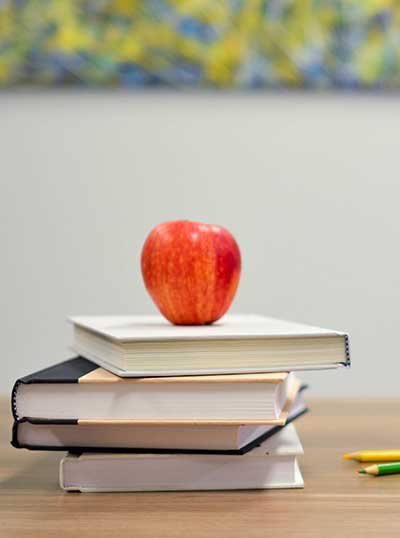
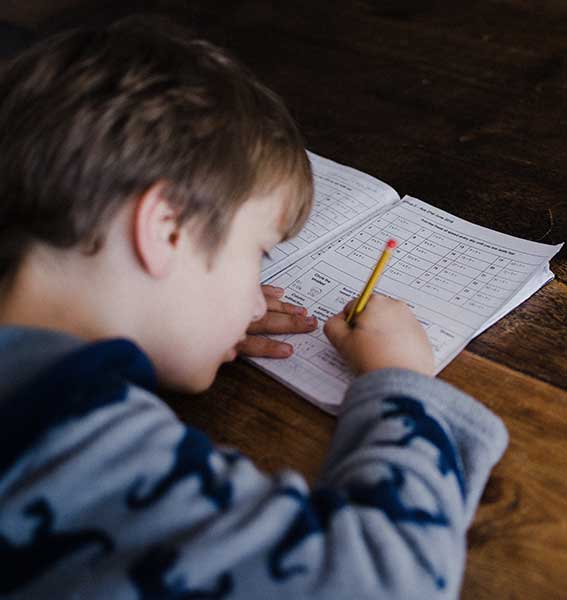
Mathematics
The principle guiding planning in this area of the curriculum is that Mathematics is a subject which should be taught in a structured logical sequence.
Provision is made for different stages of achievement and different rates of learning. The basic approach to individual differences in mathematics is to teach a core of work suitable for all pupils in any one class with extra practice for those who need reinforcement of basic work and enrichment to stretch those who can benefit from extension work.
The programme in Mathematics addresses skills, knowledge and attitudes. Emphasis is placed on the mastery of skills and the understanding of concepts which result in fluent performance of mathematical operations. The school views the ability to apply knowledge as being as important as the acquisition of knowledge. For this reason maths works is practical and often based on problem solving and investigations.
Science
In the early years of the school, the approach to Science, which is exploratory and experimental, lends itself to integrated studies based on topics of interest. Science therefore often overlaps with social studies and language work. In Key stage 2 the school adopts a practical approach to Science, in which first hand enquiries develop from pupils’ experience of the world around them and from their own curiosity. A firm emphasis is placed on the skills and processes of Science, and on the development of the questioning and reasoning powers of the child into first attempts to operate scientific method.

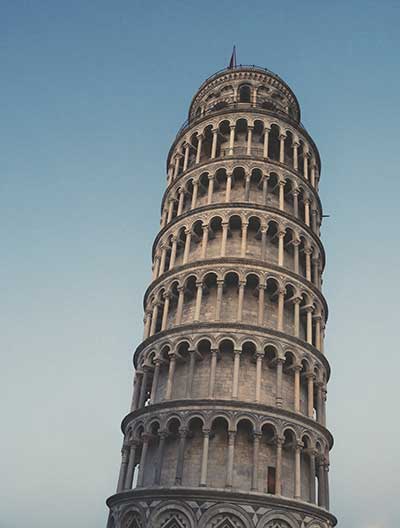
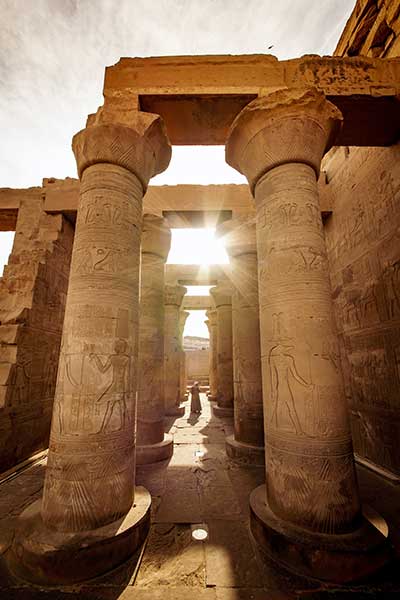
Social Studies
At Key stage 1 Social Studies comprise the area of the curriculum which at a later stage in education will break into separate subjects:
History, Geography, Economics, Sociology, Ethics, Theory of Knowledge. The school has an integrated approach which is suitable for the younger pupil whose interest in a topic crosses these boundaries. Topics are selected according to pupils’ interests and the availability of varied resources, with the initial aim of building the children’s understanding of themselves and their place in the family and in the community.
Advantage is taken of the School’s location in Rome which provides a very special local environment for exploration as well as a rich source of “living” historical material. The school population and community serve as a geographical and cultural resource offering opportunities for pupils to learn firsthand. Special field trips and projects are arranged to benefit from the unique experience of the environment.
Key stage 2 History
The key elements of the study of history are:
- To develop an awareness of the past and of the ways in which it was different from the present
- To study the past in a chronological framework
- To understand ways we find out about the past
The study units are chosen to cover a variety of important episodes and developments in the past.
Geography
In our multinational school environment, we have the opportunity to have firsthand experience from our pupils and parents to extend our knowledge of many different countries, styles of life and cultures.


Music
Music is taught as a separate subject by a specialist teacher. An emphasis is placed on learning a variety of songs in class groups and on the development of a sense of rhythm and pitch. The older children learn to read and play rhythms from notation. They accompany their singing with playing on recorders and other instruments. Each class is involved into performances during the school year. Children also have music appreciation lessons when they listen as well as perform. They are encouraged to listen to and develop understanding of music from different times and places as well as express ideas and opinions about music.
Private piano lessons are available as extracurricular activities.
Physical Education
The school’s aim in physical education is to teach essential physical skills and to develop the social, emotional and moral character of the pupils. The pupils learn to share equipment, to play with a partner or small team and to help and cooperate with others. Children are encouraged to give their best, and in this context an element of competition is introduced as pupils grow older. Pupils learn to respect, and work within, the framework of simple rules. Certain fundamental skills are practised across the whole PE curriculum such as locomotion skills and ball skills. The younger children learn to handle equipment which is the basis for specialised games at a later stage. The pupils are taught the skills and subsequently learn to adapt to the rules and limitations presented by the game.


Art
Pupils are given opportunities to experience different approaches to art and craft by working individually, in groups and as a whole class. All children explore and develop control of tools and techniques for drawing, painting, printing, collage and sculpture.
In both Key Stage 1 and Key Stage 2 children are given the opportunity to identify the work of artists and craft specialists and to compare the ideas, methods and approaches used in different styles and traditions.
Art lessons are often planned according to the various topics being taught in other subjects resulting in a dynamic and creative cross-curricular approach to the learning process.
Computing
Key Stage 1- Pupils are taught to use a variety of IT equipment and software confidently to handle information. They learn to control the mouse and give direct signals and commands that produce a variety of different outcomes. The software is designed to be used to support their problem solving and independent work in other areas of the curriculum.
Key Stage 2- In addition to using software to complement study in other areas of the curriculum, pupils are taught to use Word to record their work. They enter and store information, and then retrieve, process and display information already stored.
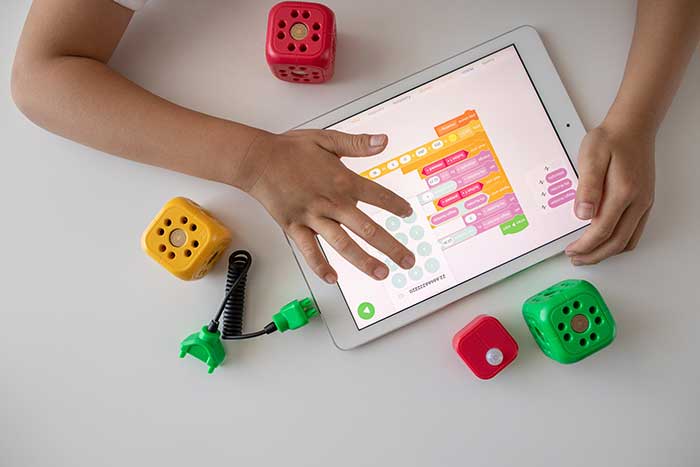
For the older children access to the internet is provided, under adult supervision, enabling them to learn how to search and select information, sources and media and assess their value and suitability for use.
